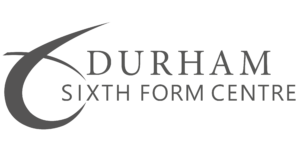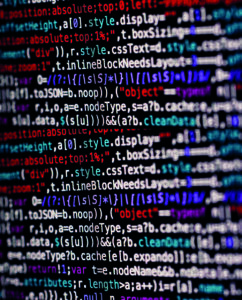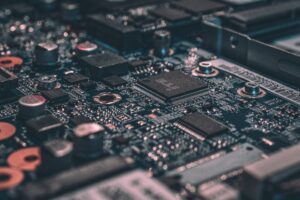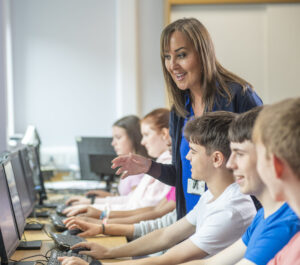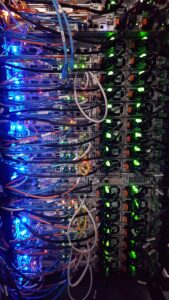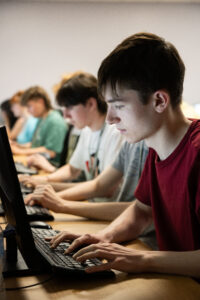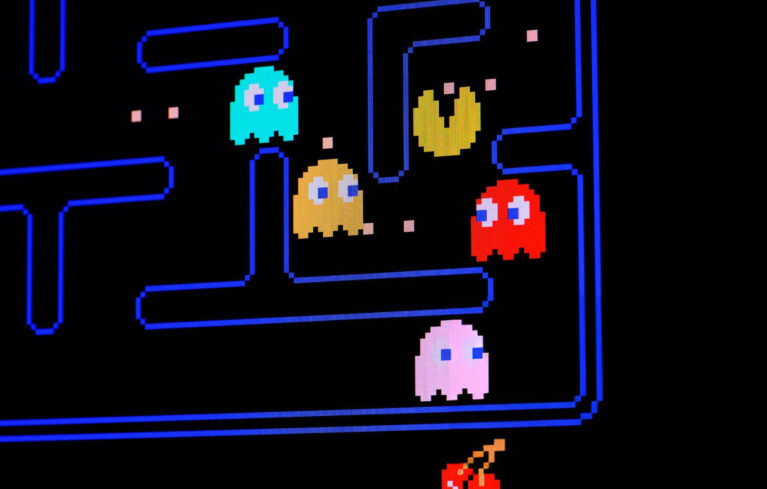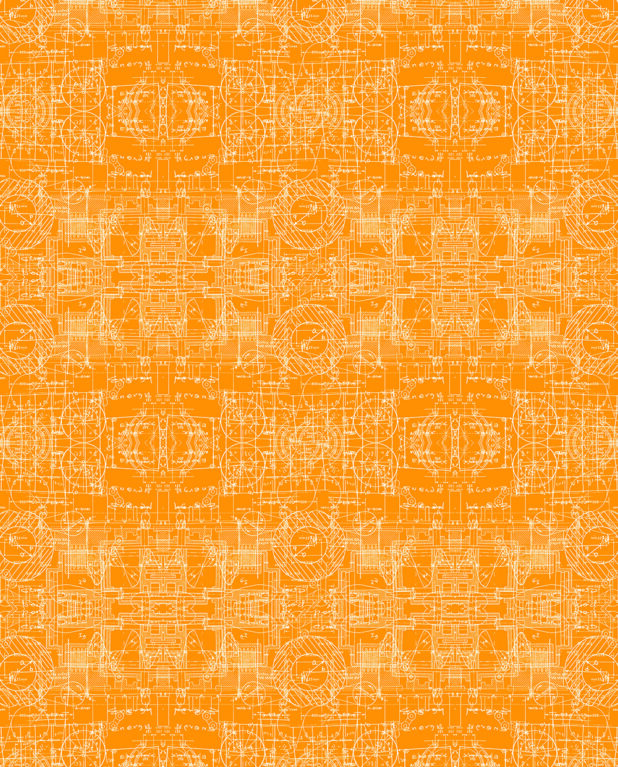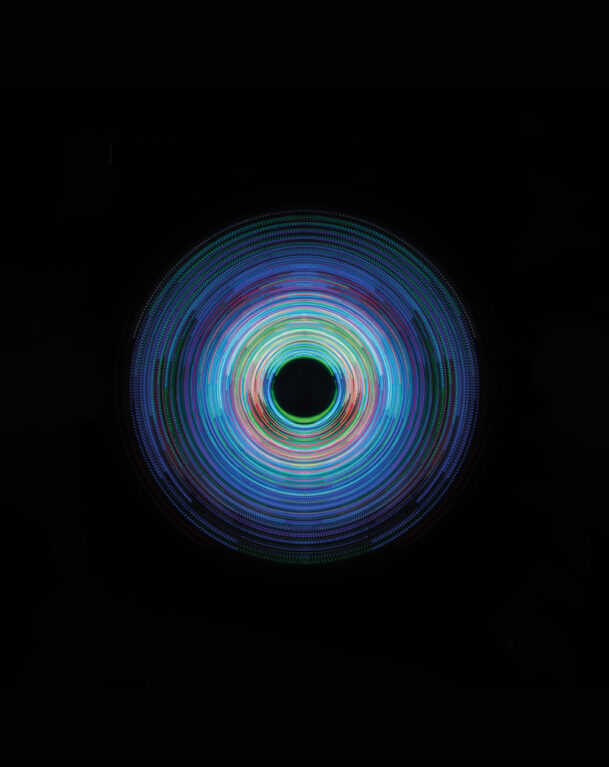Over the two-year linear A Level Computer Science course, students will explore both the theoretical and practical aspects of computing. The course develops a deep understanding of how computer systems work and how computational thinking can be applied to solve complex problems.
Topics studied include:
- Fundamentals of programming – writing, testing and refining code using appropriate programming techniques
- Data structures – organising and managing data efficiently for processing and storage
- Algorithms – understanding standard algorithms and how to design and analyse new ones
- Data representation – how data such as numbers, text, images and sound are represented and manipulated in computer systems
- Computer systems – exploring the components and functions of hardware, software and operating systems
- Computer organisation and architecture – how processors, memory and input/output devices work together
- Communication and networking – understanding network structures, protocols, the internet and cybersecurity
- Functional and object-oriented programming – learning different paradigms and programming methodologies
- Theory of computation – exploring what can and cannot be computed and how problems can be formally defined
- Consequences of the use of computing – considering legal, moral, ethical and cultural implications of digital technology
- Big Data and systematic problem solving – analysing and managing large datasets, and applying computational thinking to real-world challenges.
